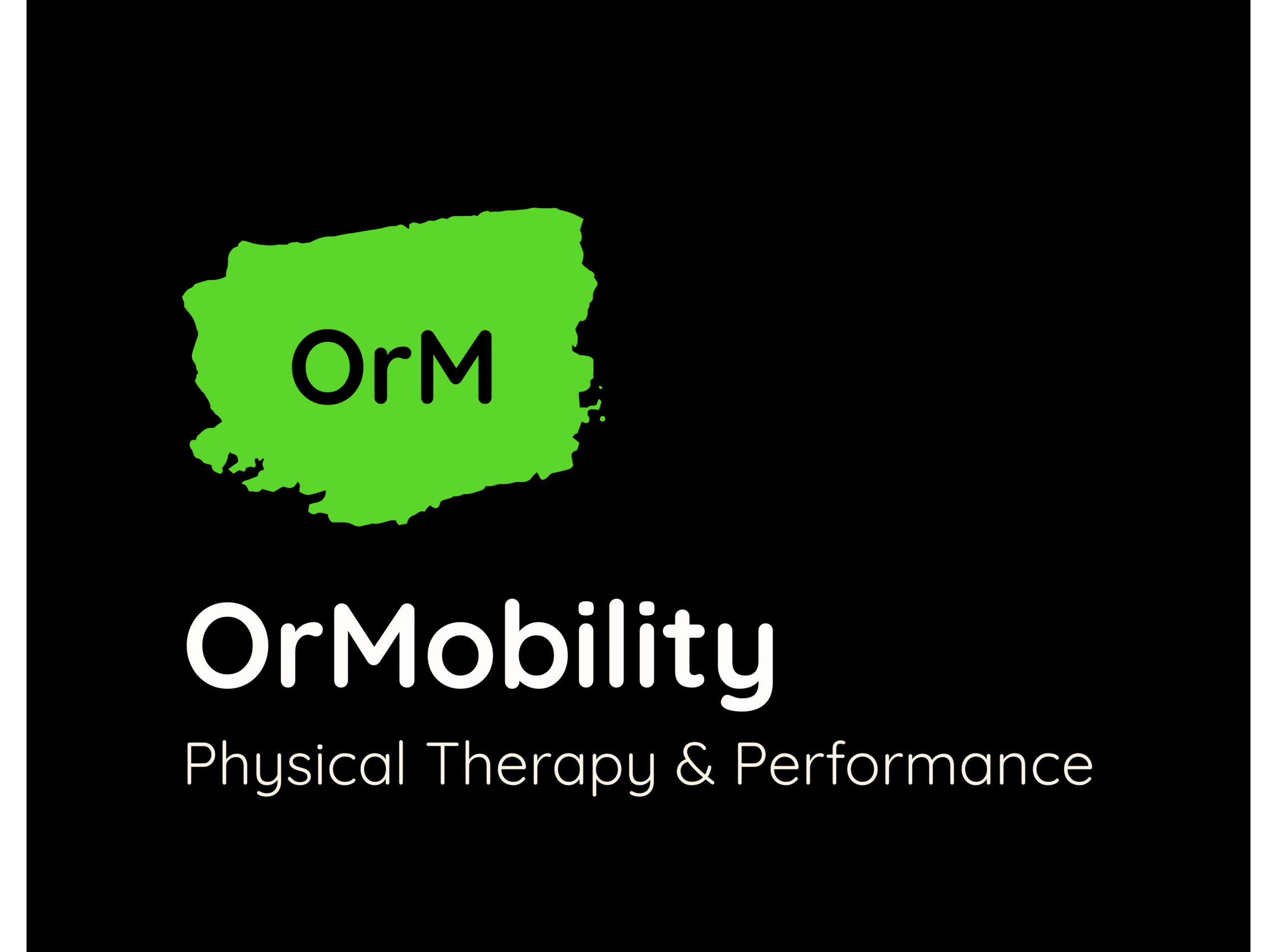Introduction
The neck is a complex region of the human body, housing a network of intricate nerves that play a vital role in transmitting messages between the brain and the rest of the body. These nerves are responsible for motor control, sensation, and ensuring smooth communication throughout the nervous system. However, various factors can lead to neck nerve-related issues, causing pain, discomfort, and functional impairments. In this comprehensive article, we will explore the functions of nerves in the neck, common disorders that can affect them, and effective relief strategies. Whether you’re seeking knowledge or seeking relief, understanding the complexities of neck nerves can empower you on your journey to better health.
Table of Contents
- The Role of Nerves in the Neck
- Types of Nerves in the Neck
- Causes and Symptoms of Neck Nerve Disorders
- a. Cervical Radiculopathy
- b. Brachial Plexus Injury
- c. Cervical Neuropathy
- Diagnosing Neck Nerve Disorders
- Treatment Options for Neck Nerve Pain
- a. Conservative Treatments
- b. Physical Therapy and Exercises
- c. Medications for Nerve Pain
- d. Interventional Procedures
- Natural Remedies for Neck Nerve Relief
- a. Heat and Ice Therapy
- b. Neck Stretches and Relaxation Techniques
- c. Massage Therapy
- Preventing Neck Nerve Issues
- Frequently Asked Questions (FAQs)
- Conclusion
1. The Role of Nerves in the Neck
Nerves in the neck serve as critical messengers, facilitating communication between the brain and the various body parts. These nerves originate from the spinal cord and branch out to different regions, such as the arms, shoulders, and upper back. The neck nerves play a key role in controlling muscle movements, allowing us to turn our heads, lift our arms, and perform various activities of daily living.
2. Types of Nerves in the Neck

The neck houses various types of nerves, including:
- Cervical Nerves: These nerves emerge from the spinal cord in the neck region and innervate the muscles, skin, and joints of the neck and upper back.
- Brachial Plexus: A network of nerves that originates from the cervical spine and extends into the arms, enabling arm and hand movements.
- Cervical Sympathetic Nerves: These nerves are part of the autonomic nervous system and control involuntary functions like blood pressure and heart rate.
3. Causes and Symptoms of Neck Nerve Disorders
Several conditions can affect the nerves in the neck, leading to discomfort and functional limitations. Some common neck nerve disorders include:
a. Cervical Radiculopathy
Cervical radiculopathy occurs when a nerve root in the cervical spine becomes compressed or irritated, often due to a herniated disc or spinal degeneration. Symptoms may include neck pain, shooting arm pain, numbness, and weakness in the affected arm.
b. Brachial Plexus Injury
A brachial plexus injury results from trauma or compression to the brachial plexus nerves. This injury can cause a range of symptoms, including pain, tingling, and muscle weakness in the shoulder, arm, or hand.
c. Cervical Neuropathy
Cervical neuropathy refers to nerve damage or inflammation in the cervical region. It can result from various factors, such as injuries, infections, or medical conditions like diabetes. Symptoms may include neck pain, radiating arm pain, muscle weakness, and sensory disturbances.
4. Diagnosing Neck Nerve Disorders
Diagnosing neck nerve disorders typically involves a thorough evaluation, medical history, and diagnostic tests. Healthcare providers may conduct:
- Physical Examination: A comprehensive physical examination helps assess muscle strength, reflexes, and sensory function.
- Imaging Tests: X-rays, MRI scans, or CT scans can provide detailed images of the cervical spine and nerve structures.
- Electromyography (EMG): EMG measures electrical activity in muscles and can help identify nerve damage or dysfunction.
5. Treatment Options for Neck Nerve Pain

Effective treatment for neck nerve pain depends on the underlying cause and severity of the condition. Some common treatment options include:
a. Conservative Treatments
- Rest and Activity Modification: Avoiding activities that exacerbate pain can promote healing.
- Heat and Cold Therapy: Applying heat or cold packs to the affected area can help reduce inflammation and ease discomfort.
- Posture Correction: Improving posture can alleviate pressure on nerves in the neck.
b. Physical Therapy and Exercises
- Neck Stretches and Strengthening: Targeted exercises can help improve flexibility and strengthen neck muscles, reducing nerve compression.
- Range of Motion Exercises: Gentle movements can maintain mobility in the neck and reduce stiffness.
c. Medications for Nerve Pain
- Over-the-counter Pain Relievers: Nonsteroidal anti-inflammatory drugs (NSAIDs) can help manage mild to moderate nerve-related pain.
- Prescription Medications: In more severe cases, healthcare providers may prescribe medications to alleviate nerve pain, such as gabapentin or tricyclic antidepressants.
d. Interventional Procedures
- Corticosteroid Injections: Steroid injections can be administered directly into the affected nerve area to reduce inflammation and relieve pain.
- Nerve Blocks: Numbing medication is injected near the affected nerve to interrupt pain signals.
6. Natural Remedies for Neck Nerve Relief
In addition to medical treatments, several natural remedies can complement the management of neck nerve pain:
a. Heat and Ice Therapy
- Heat Packs: Applying a warm compress to the neck can relax muscles and reduce pain.
- Ice Packs: Ice therapy can help reduce inflammation and numb the affected area.
b. Neck Stretches and Relaxation Techniques
- Neck Stretches: Gentle stretches can improve flexibility and ease tension in the neck.
- Yoga and Meditation: Relaxation techniques can help reduce stress, which can contribute to muscle tension and nerve issues.
c. Massage Therapy
- Neck Massage: Professional massage therapy can promote relaxation and alleviate muscle tension in the neck.
7. Preventing Neck Nerve Issues
Preventing neck nerve issues involves adopting healthy habits and maintaining proper posture:
- Maintain Good Posture: Proper posture can reduce strain on the neck and spine.
- Regular Exercise: Engaging in regular physical activity can help keep neck muscles strong and flexible.
- Ergonomic Workspace: Ensure your workspace is set up ergonomically to minimize strain on the neck during prolonged sitting.
8. Frequently Asked Questions (FAQs)
- Can neck nerve pain go away on its own?
Mild cases of neck nerve pain may improve with rest and conservative treatments. However, chronic or severe conditions may require medical intervention. - Is neck nerve pain always caused by injury?
Neck nerve pain can result from various factors, including injury, compression, inflammation, or medical conditions. - When should I seek medical attention for neck nerve pain?
If neck nerve pain.


